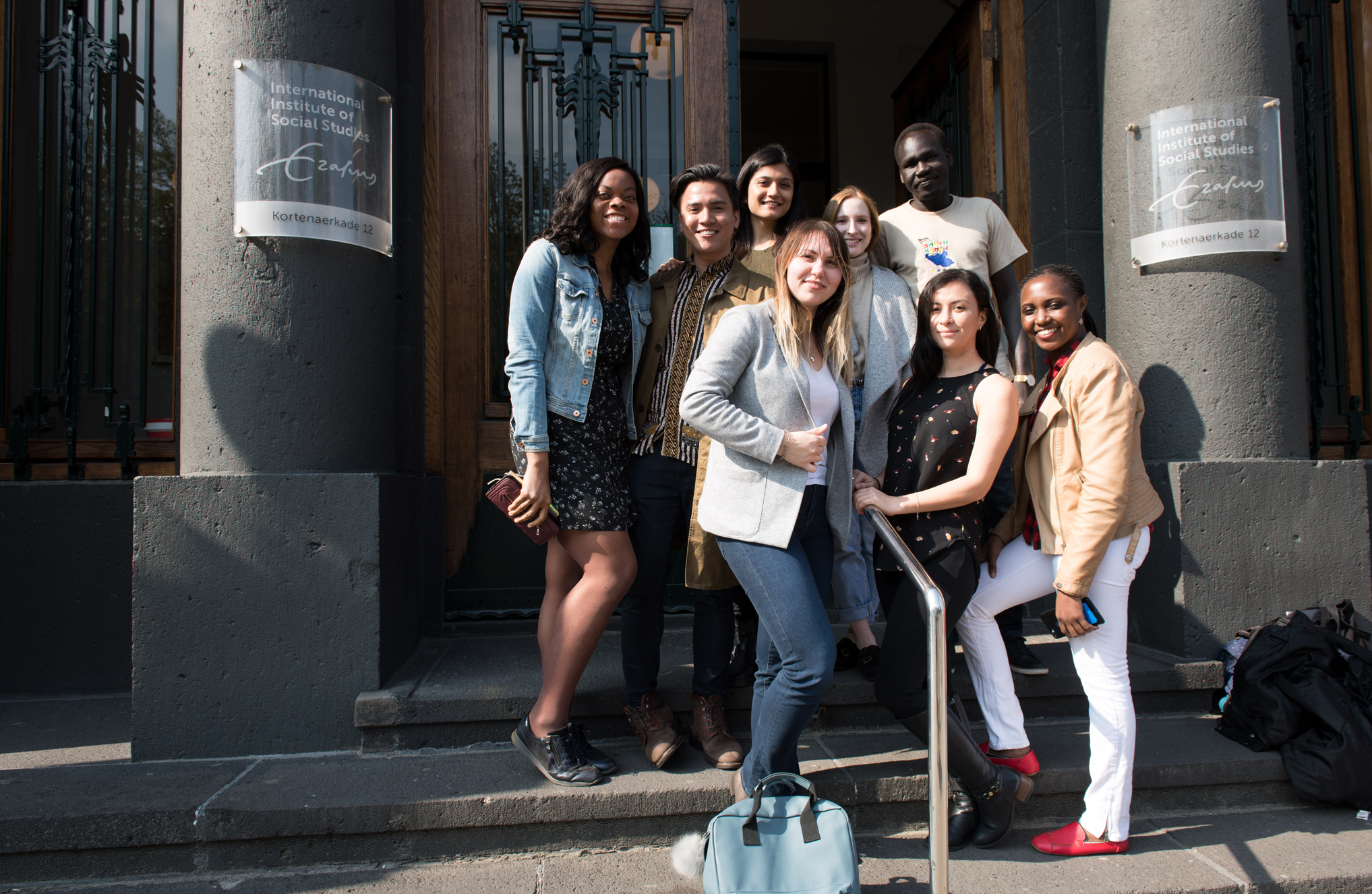
The International Institute of Social Studies (ISS) in The Hague is part of Erasmus University Rotterdam (EUR). It is a graduate institute of policy-oriented critical social science research that was founded in 1952. ISS brings together people, ideas and insights in a multi-disciplinary setting with the objective of nurturing, fostering and promoting critical thinking and of conducting innovative research in response to society’s needs. ISS has evolved over the years to meet the changing needs of the communities it serves in both the global north and the global south.
Teaching Programmes
ISS offers two master programmes: an MA in Development Studies (15 months), and a Mundus MA in Public Policy (2 years). ISS has one overarching research programme: Global Development & Social Justice. Within this framework there are four research themes: migration and diversity, environment and climate change, social protection and inequality, conflict and peace.
Alumni
Yearly, around 160 students from all over the world come to ISS for a master programme. The ISS alumni network consists of over 13,000 students from more than 100 countries. Over a third of ISS alumni come from Africa, and substantial numbers come from Asia and Latin America. ISS also attracts students from Europe and North America. ISS students are young and mid-career professionals with an average age of just under 30. They (have) work(ed) as government officials, researchers, or in civil society. The diverse backgrounds and the professional experience of the students make the ISS a fruitful centre for knowledge exchange.
ISS maintains a strong alumni network and many ISS alumni now hold leading positions in government, international organizations, higher education, planning agencies and non-governmental organizations.
Societal relevance
ISS is committed to societal relevance in both its research and its teaching. Thanks to a number of grants for students, people who would otherwise not have access to a masters programme of this kind, get the opportunity to study at ISS. ISS staff members regularly provide policy advice to e.g. Dutch ministries and they are often invited to contribute to expert groups and think tanks both in the Netherlands and beyond, in order to share findings of the research they have conducted.
ISS aims to provide a space for critical engagement, which is embedded in both local and global society.
Image: copyright © International Institute of Social Studies

